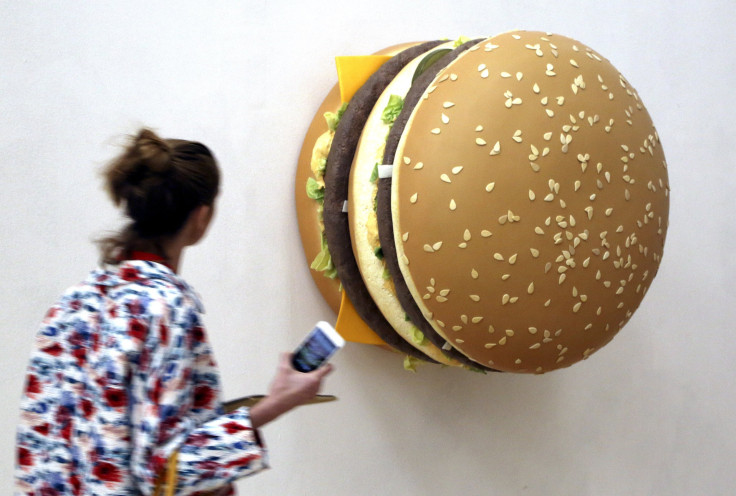Australia’s daytime sleepiness and fatty foods: High consumption of fatty meals may cause sleep apnoea

A recent study has revealed that consuming foods high in fat are more likely to cause daytime sleepiness in men and sleep problems at night. Moreover, the study has warned people of developing a sleeping disorder, sleep apnoea, as a result of consuming too much of fat-rich foods.
“After adjusting for other demographic and lifestyle factors and chronic diseases, we found that those who consumed the highest fat intake were more likely to experience excessive daytime sleepiness,” said Yingting Cao, doctoral student at University of Adelaide’s Population Research and Outcome Studies unit in Australia and lead author of the study.
The findings of the study are based out of data of more than 1,800 Australian men in the age group of 35-80. The researchers studied the dietary habits for a period of 12 months. Cao added that the intake of foods high in fat have significant implications on a person’s concentration levels and alertness.
Cao then explained the connection between fatty foods and daytime sleepiness. The researcher explained that poor sleep and excessive sleepiness during the day results in loss of energy, which in turn increase a person’s cravings for fatty foods. The person would also crave for foods high on carbohydrates. This again cause sleep problems at night. It is a vicious cycle that people should stay away from.
Moreover, fatty foods are strongly associated with sleep apnoea. Out of the men surveyed, 54 percent had mild to moderate sleep apnoea, 25 percent had moderate to severe sleep apnoea. Also, 41 percent surveyed had experienced daytime sleepiness and 47 percent had poor quality of sleep at night.
“We hope our work could help to inform future intervention studies, enabling people to achieve healthy weight loss while also improving their quality of sleep,” Cao added.





















